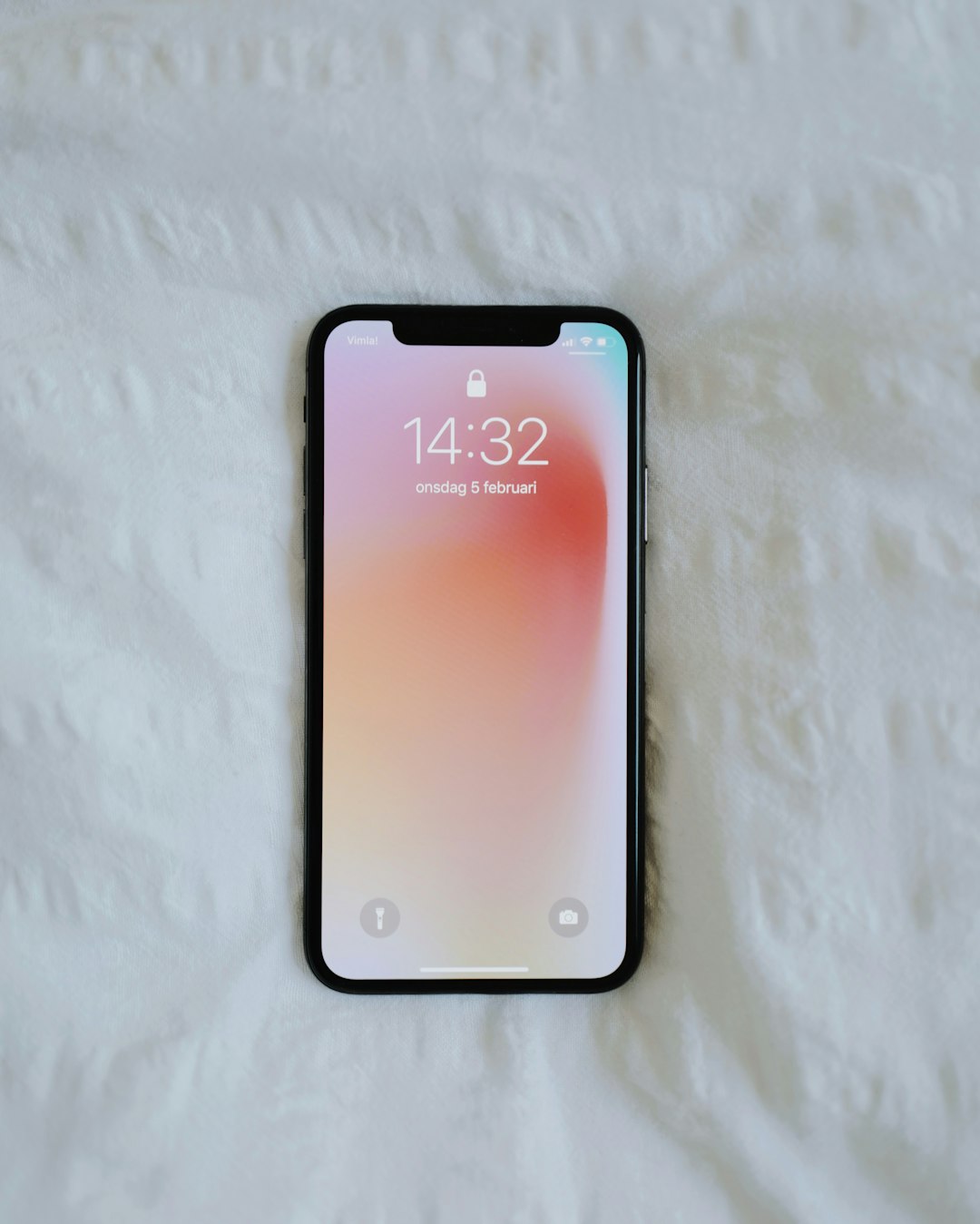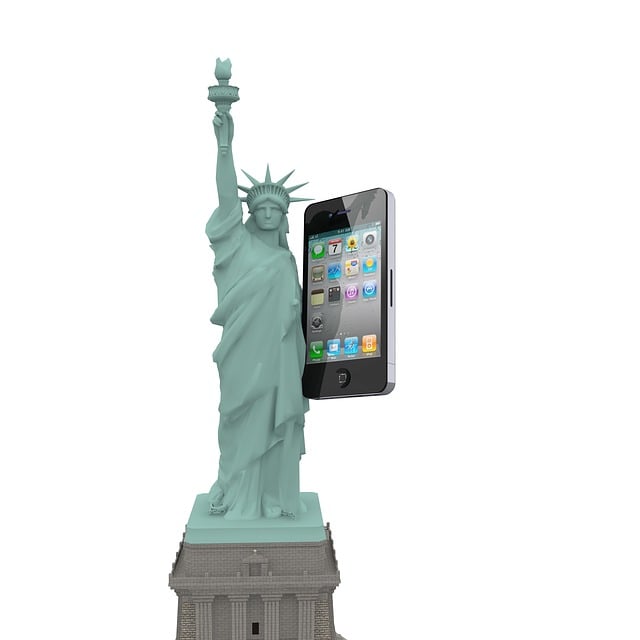New York, including Syracuse, has strict laws like the TCPA to combat spam calls and protect consumers. These laws prohibit unsolicited texts with auto-dialers or prerecorded messages without consent. Proving intent to harass in spam text cases is challenging due to lack of direct evidence and clear legal guidelines. Specialized Spam Call law firm New York experts navigate complex regulations, gather evidence, and increase likelihood of securing fair compensation for affected clients.
In the digital age, spam text messages have become a persistent nuisance, but not all victims are entitled to compensation. Syracuse residents often wonder why their attempts to seek redress fail. This article delves into the intricate world of spam call regulations in New York, exploring the challenges of proving intent to harass and the pivotal role legal expertise plays in securing compensation. By understanding these factors, potential victims can navigate the complex landscape with a spam call law firm in New York for effective solutions.
Understanding Spam Call Regulations in New York

In New York, including the city of Syracuse, there are strict regulations in place to combat spam calls and protect consumers. The Telephone Consumer Protection Act (TCPA) is a federal law that sets guidelines for telemarketing practices, and it’s complemented by state-level regulations in New York. These laws outline permissible methods for contacting individuals, with explicit rules prohibiting unsolicited calls or texts made using auto-dialers or prerecorded messages without prior express consent.
Consumers in Syracuse can seek legal action if they believe their rights under these spam call laws have been violated. A reputable Spam Call law firm New York can guide individuals through the process, helping them understand their options for compensation and ensuring their rights are upheld. It’s crucial to recognize the protections offered by these regulations and know when to take legal action against unwanted spam text cases.
Challenges in Proving Intent to Harass

Proving intent to harass is a significant challenge in spam text cases, often leading to many unsuccessful compensation claims in Syracuse. Unlike traditional harassment cases where malicious intent is more straightforward to establish, proving intent in spam texts requires a nuanced legal approach. The plaintiff must demonstrate that the sender of the unsolicited messages had the specific purpose of causing distress or annoyance, which can be difficult without direct evidence.
Spam call law firms in New York have noted that many victims struggle to gather compelling evidence that shows an intent to harass rather than a simple misunderstanding or accidental violation of privacy laws. The lack of clear legal guidelines and case precedents on spam text harassment further complicates the process, leaving many individuals disheartened by their inability to seek justice and receive compensation for the distress caused by these unwanted communications.
The Role of Legal Expertise in Compensation Cases

In many cases, the success of a compensation claim against spam text messages hinges on legal expertise. A specialized Spam Call law firm in New York plays a crucial role in navigating complex regulations and laws surrounding unsolicited communications. These firms possess in-depth knowledge of consumer protection acts, such as the Telephone Consumer Protection Act (TCPA), which prohibits abusive telemarketing practices. With their understanding of these legal frameworks, they can help individuals discern legitimate claims from false ones, ensuring that compensation is only awarded when warranted by law.
Moreover, these law firms employ strategic approaches to build strong cases. They meticulously gather evidence, including call records and company policies, to demonstrate intentional violation of privacy or marketing regulations. By employing this level of expertise, they enhance the likelihood of securing fair compensation for clients who have suffered from unwanted spam text messages.






